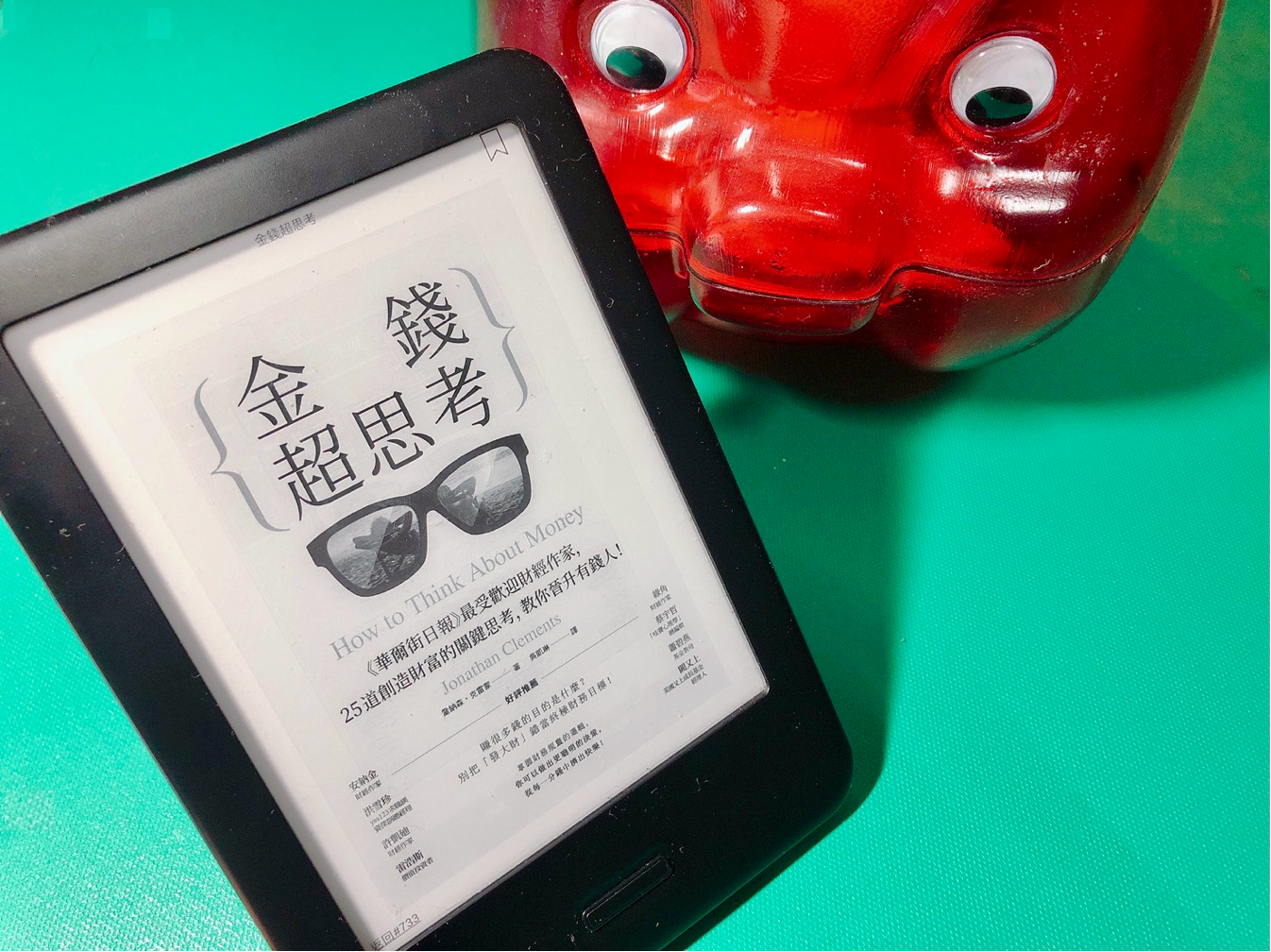
https://linktr.ee/penfarming 金融職人|文案編輯|雜食性閱讀者|Heptabase 愛用者 🌐 區塊鏈科普網站【鏈習生】專欄作家 🗞️ 電子報【創作者經濟IMO】主編 👤 臉書專頁【閱讀筆耕】
Reading Bi Farming|The World of the Post-30s • Buying Happiness with Money "Money Super Thinking"
Recently I was reading " Money Super Thinking ", and one of the chapters was titled: " That's right! Money can buy more happiness ."
"Oh my God! That's cheesy."
But as smart as you are, you also know that things are not that simple. Come and see what the book says and how it relates to the proposition " The World of the Post-30s "!

■ Next comment for happiness
This cites research by psychology professors Edward Deci and Richard Ryan , both known as the fathers of " self-determination ", who postulate that people have three basic psychological needs : Competence, belonging and autonomy. When these needs are met, self-motivation and happiness are experienced .
"Gee, can you speak Chinese?"
Okay, let's further explain the three groups of nouns:
- Competent <br class="smart">We engage in activities that we think we are good at.
- Do these activities autonomously <br class="smart">because we want to do them, not because we are compelled to do them.
- Belonging <br class="smart">We are not socially isolated.
At this point, the author hopes that everyone knows how to use finance wisely, so that money can buy happiness , which is reflected in three ways, which will be discussed in detail below.
⋯
✅ About autonomy: control over your own life
Having more money doesn't necessarily make you happier -- but having no money definitely makes you unhappy. For example: Even if I hate my current job, I can't change the runway because of "five buckets of rice".
On the contrary, if we have a small savings, which is a reserve of food for war, it can relieve our financial anxiety and make us more flexible when facing major decision points in life.
This is also the concept of "the first pot of gold in life" that we often hear. With this small backing, it seems that if you want to change jobs, start a business, pursue your dreams, etc., you will have more autonomy .
The speed at which everyone "reaches the mark" varies, but perhaps 30 is a symbolic bottom line : after being out of the society for a while, usually not facing additional financial pressures (parental care, childcare, mortgage).
⚠️ Responding to the proposition, if you manage your finances well, the post-30s generation should usher in the peak of life control for the first time in their lives.
⋯
✅ About competence: spend money on things you like and are good at
Just do what you love and are really good at. This should not be a goal that can be achieved when you make enough money to retire.
However, the premise is that you have to dig and find it first.
I can't help but think of the book " Deep Digital Cleaning ". I hope that during the 30 days of implementing the "digital detox", we will focus on cultivating high-quality leisure activities that are substantive and fill in the gaps that digital distractions help you ignore.
Spend time and money on activities that we think are fun —it doesn't necessarily cost a lot, but the investment of time is necessary.
And then paying to hire other people to do what we think is boring and tedious - this idea is refreshing to me, and by extension it doesn't necessarily have to hire "people" to do it. For example, if you hate washing dishes, consider paying to "hire" a dishwasher to free up more time for your passion.
⚠️ Responding to the proposition, use money more freely to help yourself invest in the daily life of the post-30s generation that you love.
⋯
✅ About belonging: experience is greater than possession
Many studies have led to the conclusion that people are social animals and need to form connections with other people.
Money can give us the opportunity to spend a special time with the people we care about .
The book spends some time explaining that the joy we get from an experience is greater than owning an item. And to get more joy out of the experience, you must be accompanied by friends and family.
What is certain is that compared to items, the experience can cost more, and it seems that the CP value is not high. But creating memories with relatives and friends is one of the best ways for the author to spend money, which I also deeply agree with; The concept of " experience intelligence (ExQ) " reinforces this belief:
Experience → Happiness, Resilience, Success
Existing in the memories of loved ones and friends is the closest we come to immortality.
⚠️ Respond to the proposition, have more capital, create experience, and increase the sense of belonging for the post-30s life.
⋯
■ Epilogue: Money is a means, not an end
Thanks to " Money Overthinking " for making me reconsider "happiness" and its connection to money - " money buys more happiness " is not an exaggeration, but a real thing.
Money is a means, not an end.
If I can go back to 30 years old, I would like to come into contact with the book " Money Super Thinking " as soon as possible, and after the wealth "small and successful", I will reflect on the party affairs of money and happiness.
Although I have finished reading it now, it seems that it is not too late (laughs)!

Author: Jonathan. Jonathan Clements
Translator: Wu Kailin Publisher: Yuanliu
Thank you for seeing this, and I'd like to include my Facebook page and the Sponsorship Link for Appreciating Citizens 2.0 .
🌱 Read on Facebook 👉 https://www.facebook.com/penfarming .
🌱 Continuously ploughing and irrigating regularly 👉 https://liker.land/leo7283/civic .
Like my work?
Don't forget to support or like, so I know you are with me..
Comment…